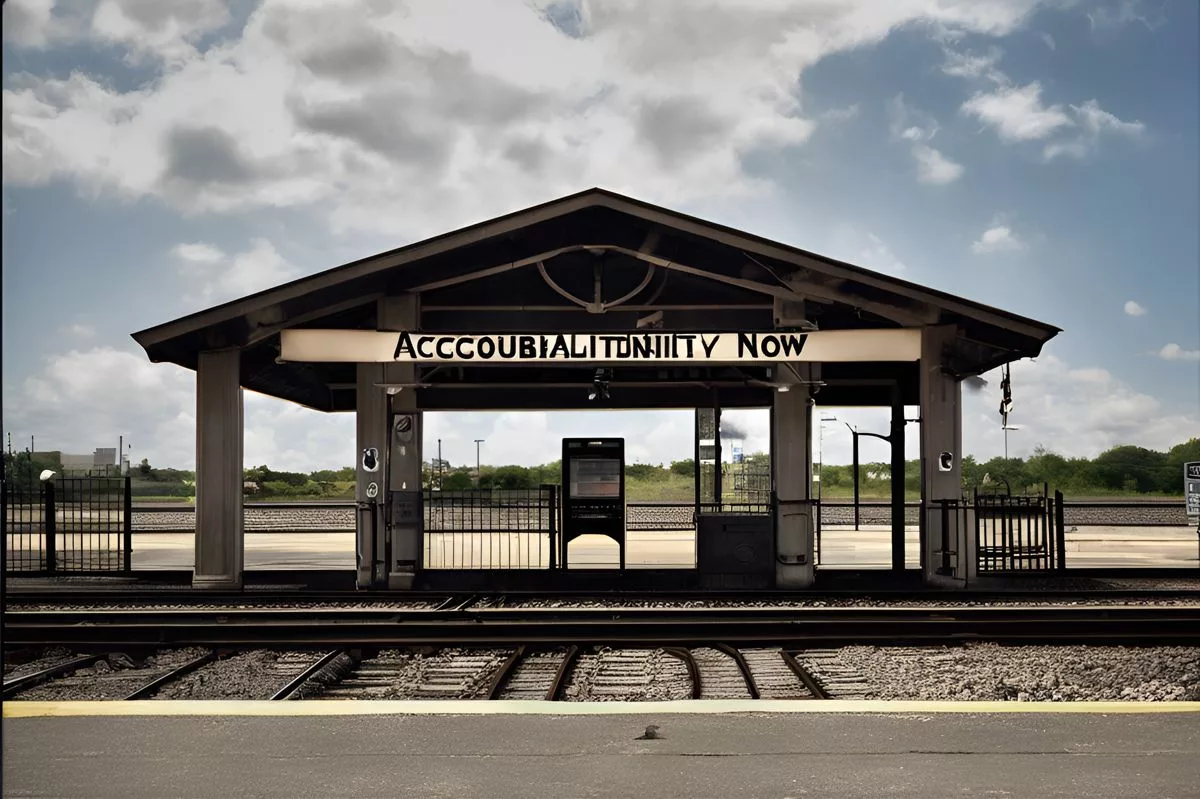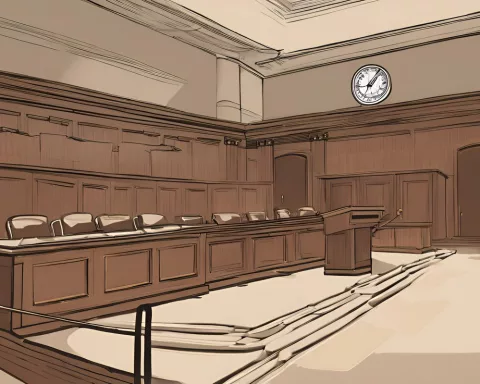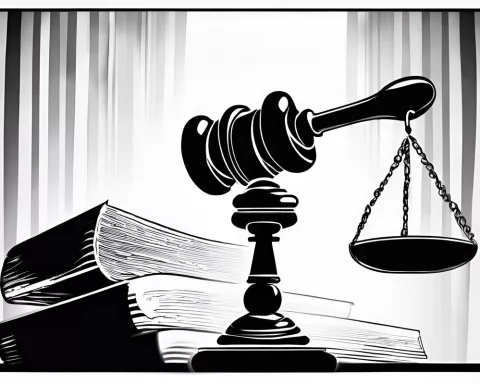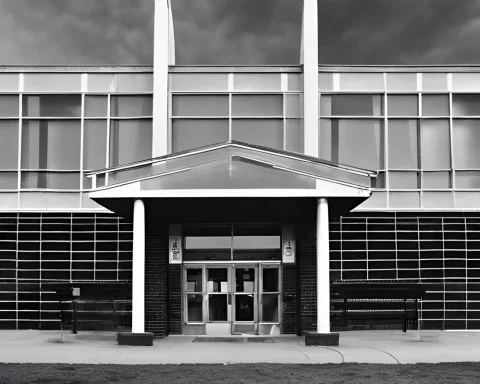UniteBehind is a group of South African activists who fight for transparency and accountability. They have exposed corruption within the state-owned railway company, PRASA, and held individuals and organizations accountable for their involvement. They continue to advocate for better services for train users and have even taken legal action to ensure justice. Despite facing bureaucratic roadblocks, they remain tenacious in their pursuit of accountability and justice.
UniteBehind is a South African activist group dedicated to promoting transparency and accountability. Their legal confrontations have exposed corrupt practices within the Passenger Rail Agency of South Africa (PRASA), and they have successfully held individuals and organizations accountable for their involvement in the scandal. They continue to advocate for justice and better services for citizens who rely on the rail service.
Standing Against Corruption
In the modern chronicles of South African civil activism, the activist group #UniteBehind stands out for their relentless pursuit of transparency and accountability. Their journey began in 2017 with a bold challenge against corruption within the Passenger Rail Agency of South Africa (PRASA). Since then, this journey has transformed into a series of legal confrontations with various entities alleged to have contributed to the state-owned railway’s downfall through corruption and mismanagement.
This steadfast watchdog group has made remarkable progress in holding organizations and individuals accountable for their involvement in the scandal. One of their primary targets has been Sfiso Buthelezi, who presided over PRASA’s board from 2009 to 2014. Accused of allowing corrupt practices, including the infamous tall-trains Swifambo contract, Buthelezi has found himself in a legal battle with #UniteBehind. This conflict reached its peak when the group took Parliament’s ethics committee to court in 2023 for its failure to handle the complaints adequately.
Extending the Fight for Accountability
The narrative of corruption and accountability has implicated other prominent individuals like former transport Minister Fikile Mbalula, Mineral Resources Minister Mosebenzi Zwane, and Dikeledi Magadzi, the erstwhile head of Parliament’s transport committee. The battle waged by #UniteBehind against corruption is not merely about exposing the guilty parties; it also involves substantial legal maneuvers to ensure justice for the many citizens who rely on the rail service.
In 2023, ANC MP Dipuo Peters, who served as Minister of Transport from 2013 to 2017, was closely examined. #UniteBehind lodged complaints about her conduct, including state capture violations such as dismissing a board that unearthed R14-billion in irregular expenditure. This eventually led to her suspension for a term, a development that Zackie Achmat, #UniteBehind’s founder, celebrated as a major victory for “accountability and justice.”
However, for #UniteBehind, this was not sufficient. The group penned an urgent letter to President Cyril Ramaphosa demanding Peter’s removal. Now, the decision to uphold or overturn this decision rests with Ramaphosa.
Ensuring Justice and Advocating for Better Services
UniteBehind’s commitment to accountability also led them to register a complaint with the Judicial Services Commission (JSC) about the behavior of Judge Nana Makhubele. The complaint was about Makhubele’s conflict of interest in holding dual roles as a PRASA interim board member and a judge—a breach of the principle of separation of powers, according to #UniteBehind. Additionally, she was accused of promoting the interests of Siyaya, a contractor implicated in state capture.
Parallel to these legal actions, the group initiated a court bid to force PRASA and Transport Minister Sindiswe Chikunga to collaborate with the City of Cape Town in developing a service-level plan under the Land Transport Act. The objective of this plan is to provide a safe, affordable, and dependable rail service, with PRASA managing the commuter rail service and the City supervising contracts and implementation.
Despite bureaucratic roadblocks, #UniteBehind has shown tenacity by pushing for the matter to be adjudicated in court this year. This demonstration of courage came in the face of Chikunga’s insistence on resolving the conditions for rail devolution.
Defending the Zondo Report
Their latest campaign focuses on protecting the Zondo Report, which revealed the involvement of several PRASA officials in corruption. Firm in their resolve not to allow the report’s findings to be undermined, #UniteBehind has sought to join the case on behalf of the Zondo Commission.
Through countless battles, #UniteBehind has stayed true to its mission of seeking justice for train users and those who depend on them. Their story is a testament to the impact of civic activism, and their ongoing search for accountability sends a strong signal: the fight for justice is far from over.
What is #UniteBehind?
UniteBehind is a group of South African activists dedicated to promoting transparency and accountability. They have taken legal action to expose corruption within the state-owned railway company, PRASA, and hold individuals and organizations accountable for their involvement.
What progress has #UniteBehind made in holding individuals accountable for their involvement in the PRASA scandal?
UniteBehind has made significant progress in holding organizations and individuals accountable for their involvement in the PRASA scandal. One of their primary targets has been Sfiso Buthelezi, who presided over PRASA’s board from 2009 to 2014. This conflict reached its peak when the group took Parliament’s ethics committee to court in 2023 for its failure to handle the complaints adequately.
What other prominent individuals have been implicated in the corruption scandal?
Other prominent individuals, like former transport Minister Fikile Mbalula, Mineral Resources Minister Mosebenzi Zwane, and Dikeledi Magadzi, the erstwhile head of Parliament’s transport committee, have been implicated in the scandal.












